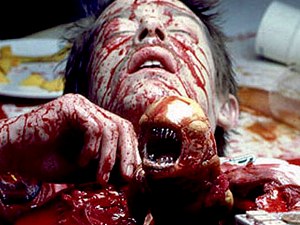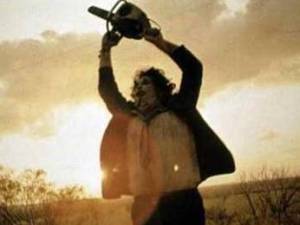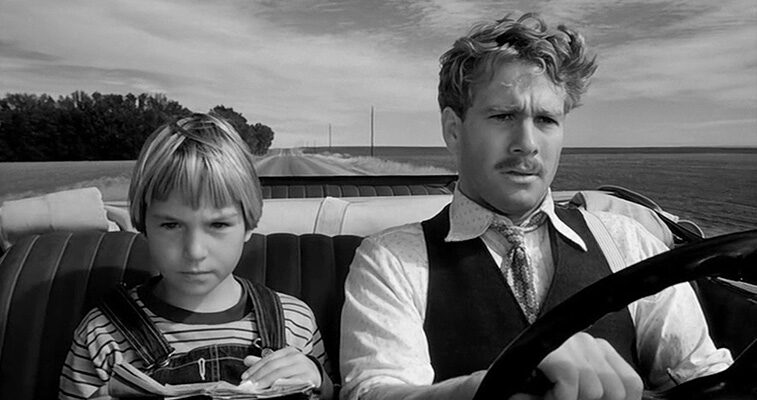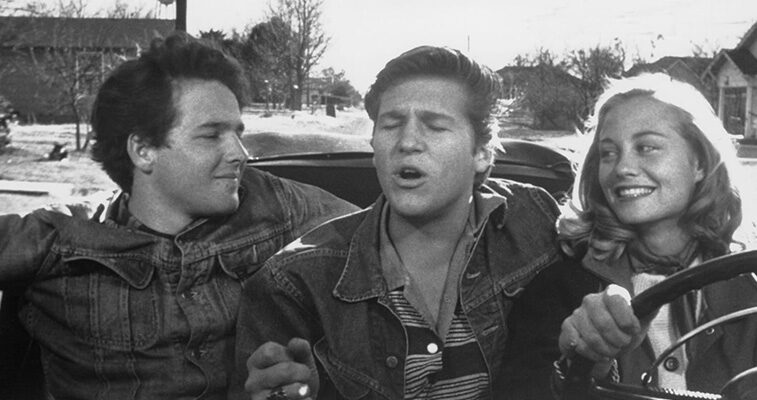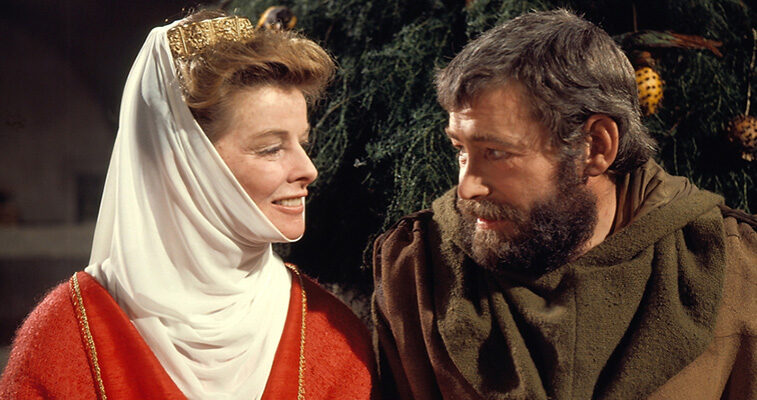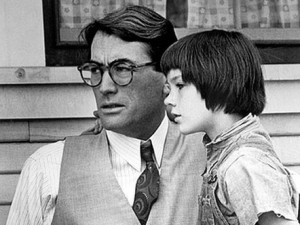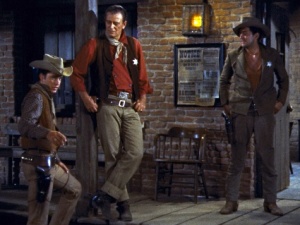Star Wars (1977)
Network (1976)
Jaws (1975)
The Texas Chain Saw Massacre (1974)
Paper Moon (1973)
The Last Picture Show (1971)
The Lion in Winter (1968)
To Kill a Mockingbird (1962)
[10]
Harper Lee’s Pulitzer Prize-winning novel is lovingly adapted to film by director Robert Mulligan, screenwriter Horton Foote, and producer Alan J. Pakula. Gregory Peck earned the Best Actor Oscar for his portrayal of Atticus Finch, a lawyer of uncompromising morals who puts the safety of his family on the line to defend Tom Robinson (Brock Peters), a black man accused of raping a white woman. Finch is also a widower, raising his two young children with the help of his maid Calpurnia (Estelle Evans). The narrative is made a coming-of-age story through the eyes of Finch’s youngest, the feisty Jean Louise — or Scout (Mary Badham) as she’s nicknamed. Scout’s perspective on racism is balanced with her own fear and ignorance surrounding a neighbor named Boo Radley (Robert Duvall), who turns out to be her salvation when she and her brother are attacked by a bigot seeking revenge on their father.

